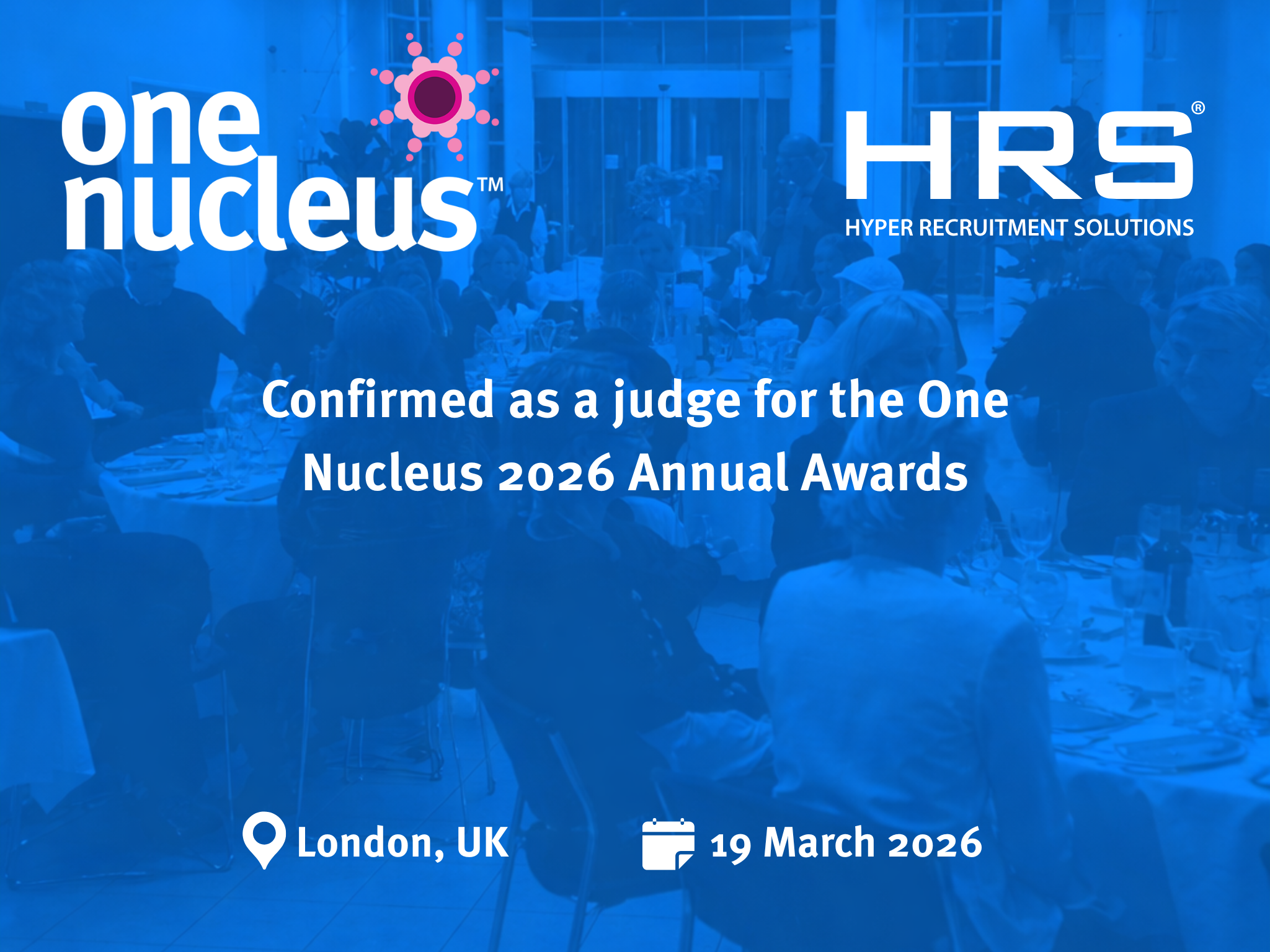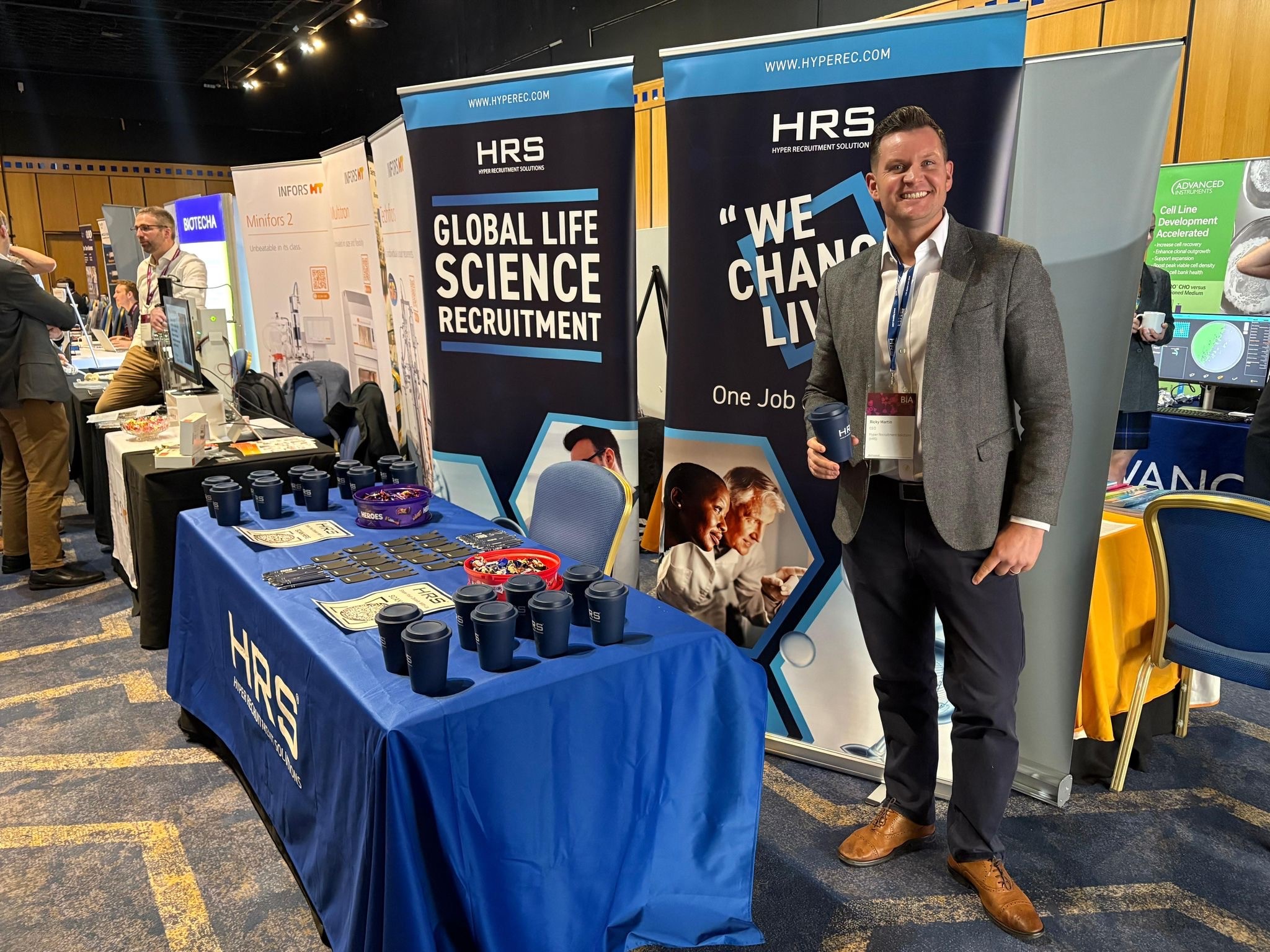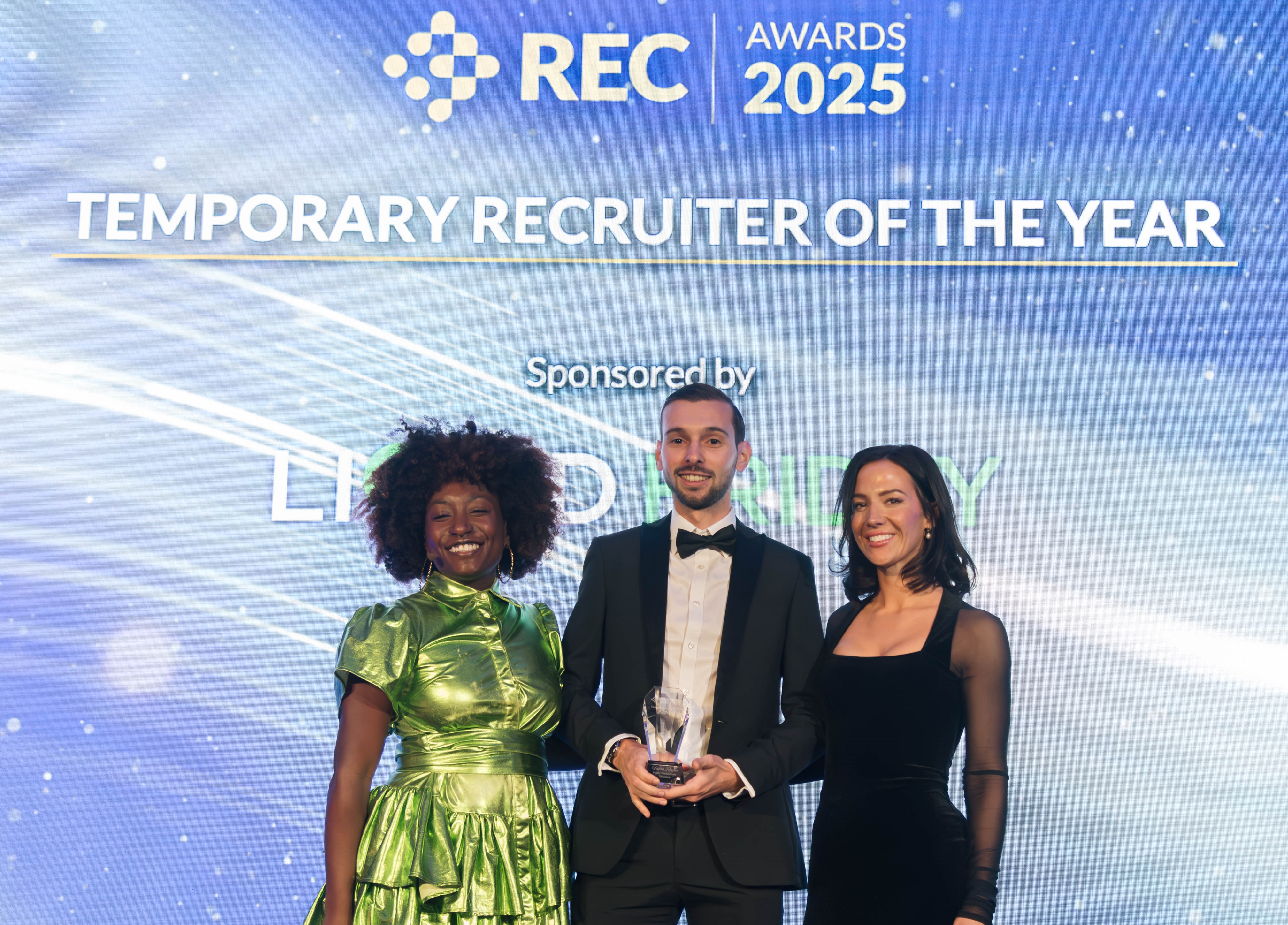

HRS Candidate Commitment
Here at Hyper Recruitment Solutions, you are our number one priority. Rest assured; we will value you as an individual from the moment you get in touch. Our team of recruitment professionals are here to help you find the perfect job at the right company for you, and a fulfilling position that enables you to reach your true potential.
Our commitment to you:
- Treat you as an individual
- Present you with job options which meet or exceed your expectations
- Provide advice on CV presentation and interview preparation
- Only present your CV to a client once you have given your consent
- We won’t alter any of your CV content (except from removing personal information)
- Your personal information will not be disclosed to any third parties without your written authority
- We won’t contact any of your referees without your consent
- We won’t charge for any of our services
We are constantly reviewing and improving our recruitment services and experience. If you have suggestions that would enhance your all-round experience, please do not hesitate to get in touch at customerexperience@hyperec.com.



Explore a Diverse Range of Exciting Job Openings
Browse top STEM and Life Sciences roles tailored to your career goals. Your next opportunity is just a click away!
Trusted by Leading Companies
Explore a selection of esteemed organizations we partner with to provide top-notch recruitment solutions. This is just a snapshot of our diverse client base, reflecting our commitment to excellence across the STEM and Life Sciences sectors.


Contract workers play an essential role within STEM businesses of all sizes.




Hear from Our Success Stories
At Hyper Recruitment Solutions, our clients and candidates are our best advocates. Explore their stories and discover how our expertise and dedication have made a difference in their careers and businesses. From seamless job placements to strategic hiring solutions, our testimonials showcase the impact of our award-winning services. See why so many trust us to support their journey and drive success.













